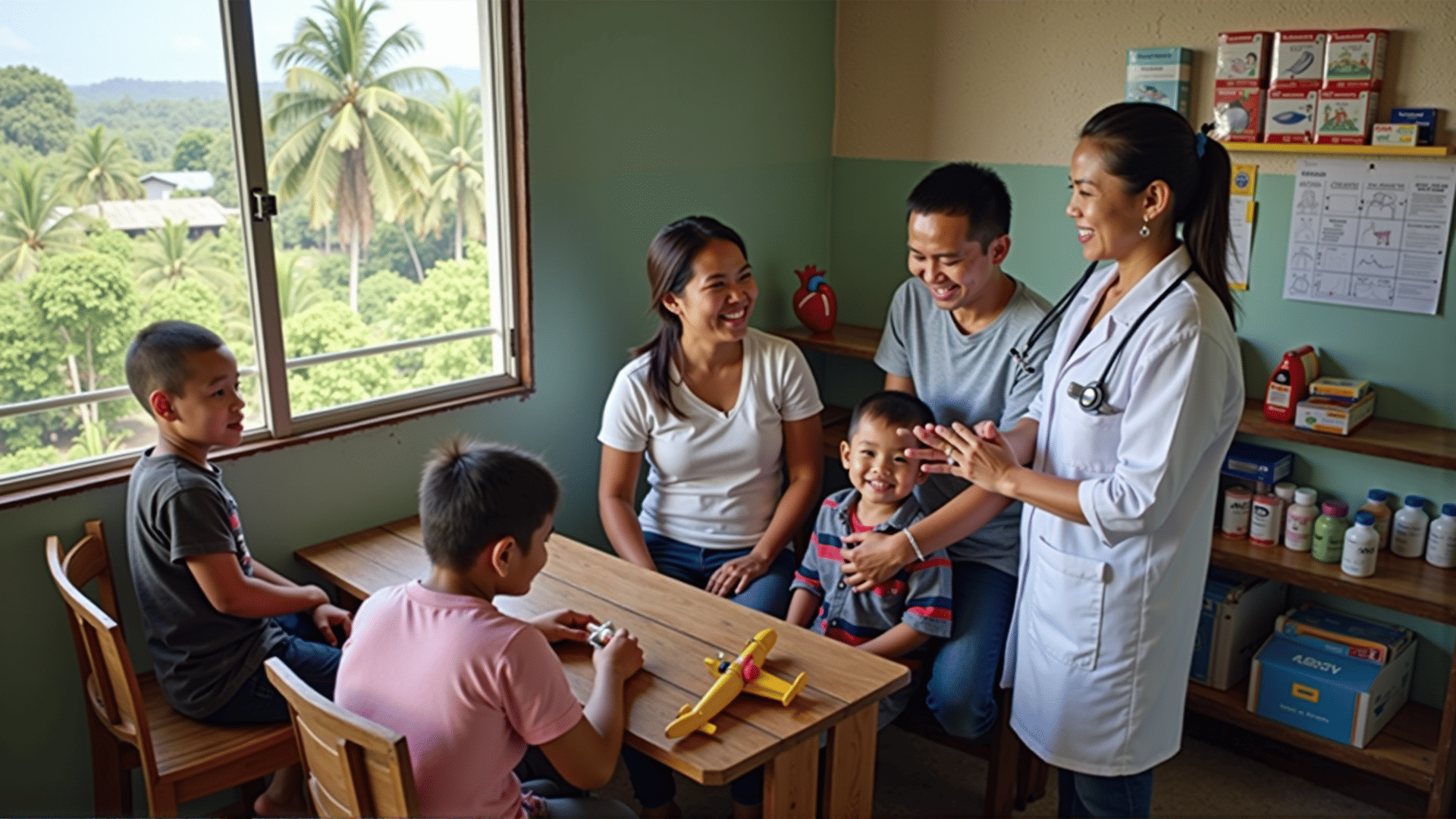Ensuring that everyone has access to essential healthcare services is a cornerstone of a just and equitable society. Unfortunately, many communities around the world still struggle to receive adequate medical attention due to various barriers. Addressing these challenges requires a multifaceted approach that focuses on expanding healthcare services, increasing availability of resources, and fostering a compassionate healthcare workforce.
For many underserved communities, geographic isolation remains a significant hurdle. Remote areas often face shortages of healthcare professionals, limited medical facilities, and insufficient infrastructure. To overcome these obstacles, innovative solutions such as mobile clinics, telemedicine, and community health programs have been introduced. Mobile clinics are equipped with essential medical tools and staffed by skilled healthcare providers who can travel to remote areas, bringing vital services directly to those in need.
Telemedicine is another revolutionary approach that is transforming healthcare access. By eliminating the need for physical travel, patients can connect with healthcare providers through digital platforms. This not only provides immediate access to medical advice but also reduces waiting times and alleviates pressure on local healthcare systems. Furthermore, telemedicine can be a vital tool for continuous education, ensuring that healthcare workers in remote areas are up-to-date with the latest medical advancements and practices.
Capacity building within these communities is also critical. Training members from within the community to become healthcare workers can bridge the gap in service delivery. By focusing on culturally sensitive care, these local professionals can connect with patients on a more personal level, ensuring trust and effective communication.
Collaborative efforts between governments, non-profit organizations, and the private sector are essential in this process. By pooling resources and expertise, partnerships can create sustainable solutions that address the specific needs of each community. Programs designed to improve infrastructure, such as better roads and reliable transportation, play a crucial role in making healthcare services more accessible.
Community engagement and empowerment are equally important. Education campaigns can promote healthy lifestyles and preventive care, reducing the incidence of diseases. By involving community leaders and residents in health initiatives, projects are more likely to be successful and sustainable.
In conclusion, providing essential healthcare services to underserved communities is not just a moral obligation but a necessary step towards a healthier world. Through collaboration, innovation, and dedication, we can ensure that everyone, regardless of location or background, has the opportunity to attain optimal health and well-being.
